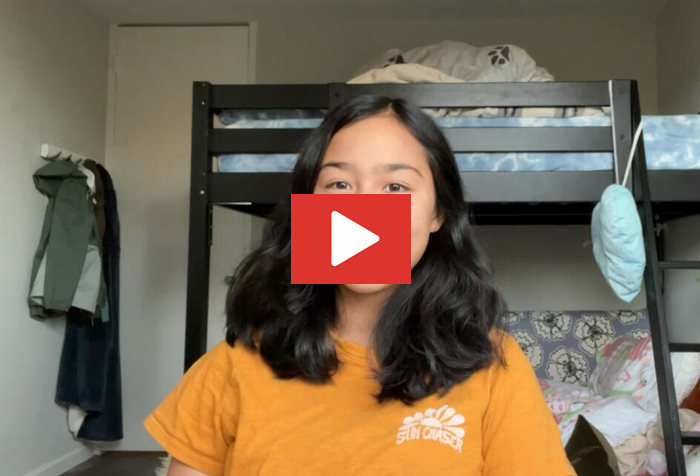Chinese Phrases Related to 吃, Eating
China has very interesting “eating” culture. If you stay in China for a long time, you will find people greet others with the phrase “你吃了吗? nǐ chī le ma? (Have you eaten yet?)”. Especially around meal time, you can hear the following dialogue quite often.

Dialogue
你吃了吗?
Have you eaten?
吃了,你呢?
Yes. How about you?
我也吃了。
I have too.
Why do Chinese care so much about “eating”? A popular saying is that in the old days, China was too poor to feed its people. By asking others’ “eating” condition, it means you care for the person you are addressing. Even though food is plentiful in nowadays China, this tradition is carried on till now.
China’s “eating” culture is not only shown in the way of greeting, but in its language. In Chinese, there are many terms related to “eating.”
1
吃亏
to suffer losses
e.g.
他很老实,经常吃亏。
He is very honest and often suffers losses.
2
吃醋
to be jealous
e.g.
他的女朋友很爱吃醋。
His girlfriend gets jealous very easily.
3
吃力
to have difficulty
e.g.
他学习很吃力。
He has difficulty with his studies.
4
吃得开
to be popular/get along all right
e.g.
小丽在新公司很吃得开。
Xiao Li is getting along all right in her new company.
5
吃不消
be unable to stand (exertion, fatigue, etc.)
e.g.
工作太多了,我有点儿吃不消。
The work is too much for me to take.
6
吃小灶
to enjoy privilege
e.g.
在学校,老师经常给他吃小灶。
The teacher always let him enjoy privilege at school.
7
吃老本
to live off one’s past gains
e.g.
你应该工作,不应该吃老本。
You should be working instead of living on your savings.
8
吃豆腐
to take advantage of (a female)
e.g.
不好意思,我不是故意要吃你豆腐。
Sorry, I did not mean to take advantage of you.
Experience Your First Class!
Get a 30-minute FREE trial to see what our online classes look like.
Apply Now




